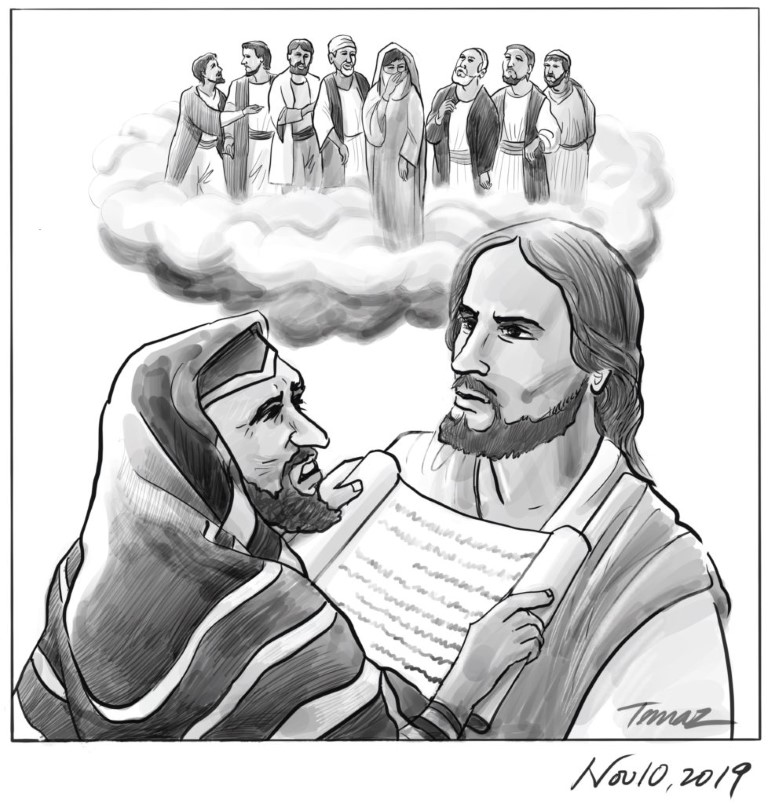MATTHEW 5:17-37
– Fernando Armellini SCJ
Claretian Publications Macau
Jesus was respectful of the laws and institutions of his people. However, he interpreted it in an original way. His point of reference was not the letter of the precept, but the good of the person.
The Gospel puts forward four examples today. They are all introduced with the same stereotyped formula:
Jesus teaches that the commandment that orders not to kill has so many implications that go well beyond the physical assault. One who uses offensive words, gets angry, nourishes sentiments of hatred has already killed one’s brother/sister (v. 22).
Murder always starts from the heart. It must be disarmed or else it demonizes a human being. Before entering the temple it was necessary for Jews to undergo painstaking purifications. Jesus declares that it is not the body that needs to be pure, but the heart. Reconciliation with the brother/sister replaces all the rites of purification.
The letter of the Torah seemed to prohibit only adulterous actions. Jesus, instead goes to the heart and captures the deepest requirements of this commandment. There are friendships, feelings, relationships that are already adulterous.
There are two members of the body that need to be amputated: the right eye and the right hand. In this context, they are the symbols of that which awakens lust (eyes) and dangerous contacts (hand). This is not an instruction for bodily mutilation but gruelling self-control which Paul speaks about: “I punish my body and control it, lest after preaching to others, I myself should be rejected” (1 Cor 9:27).
God wanted monogamous and indissoluble marriage. The Bible clearly states, from the first pages: “The two form one flesh” (Gen 2:24). Because of the hardness of the human heart, divorce is introduced also in Israel.
Jesus brings marriage to its original purity and excludes the possibility of separating what God has determined to remain united. The clause “except for marital unfaithfulness,” which seems to leave open a possibility of divorce, actually concerns the illegitimate and irregular unions.
During the exile in Babylon, the Israelites had assimilated, among other bad habits, that of swearing inappropriately. To avoid pronouncing the name of God they resorted to the less demanding formula: they swore by heaven, by the temple, by the earth, by their parents, by their heads.
Jesus takes a stand against this reckless habit and he does it with his usual radicalism. “Do not swear at all … But let your speech be ‘Yes’ when it is ‘yes’, ‘No’ when it is ‘no’, the rest comes from the evil one” (vv. 33-37).



 Follow
Follow


